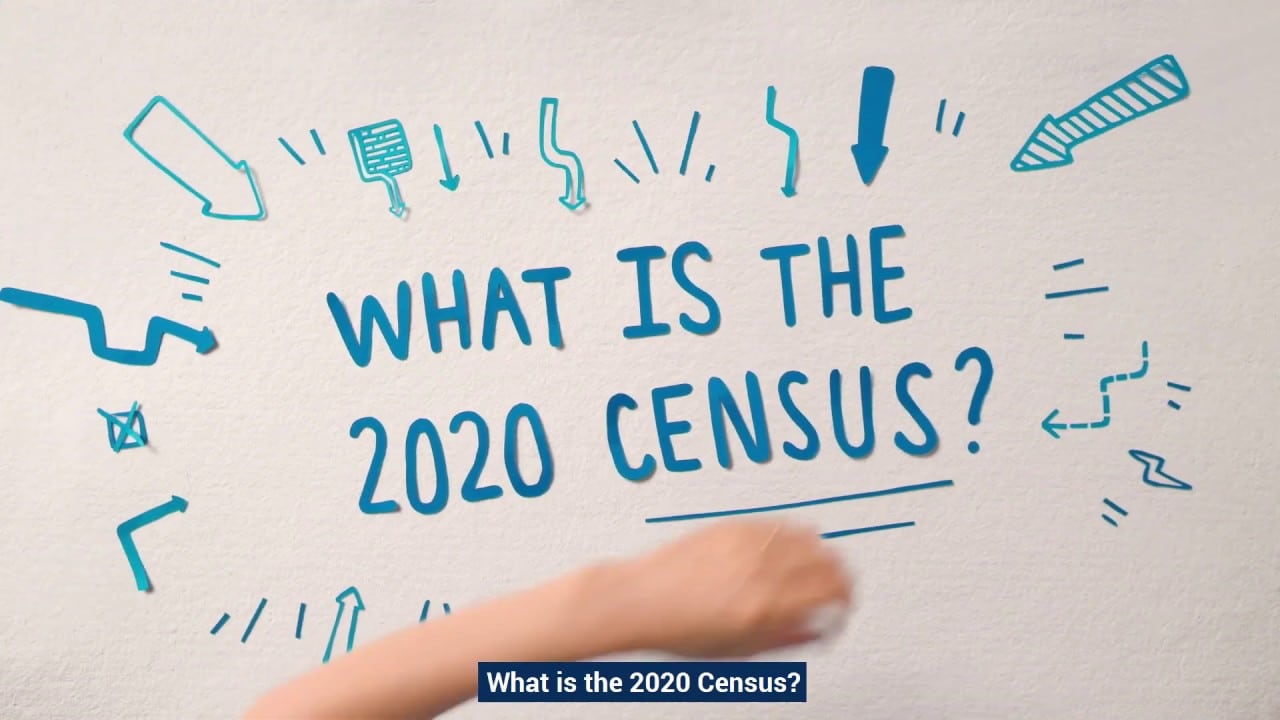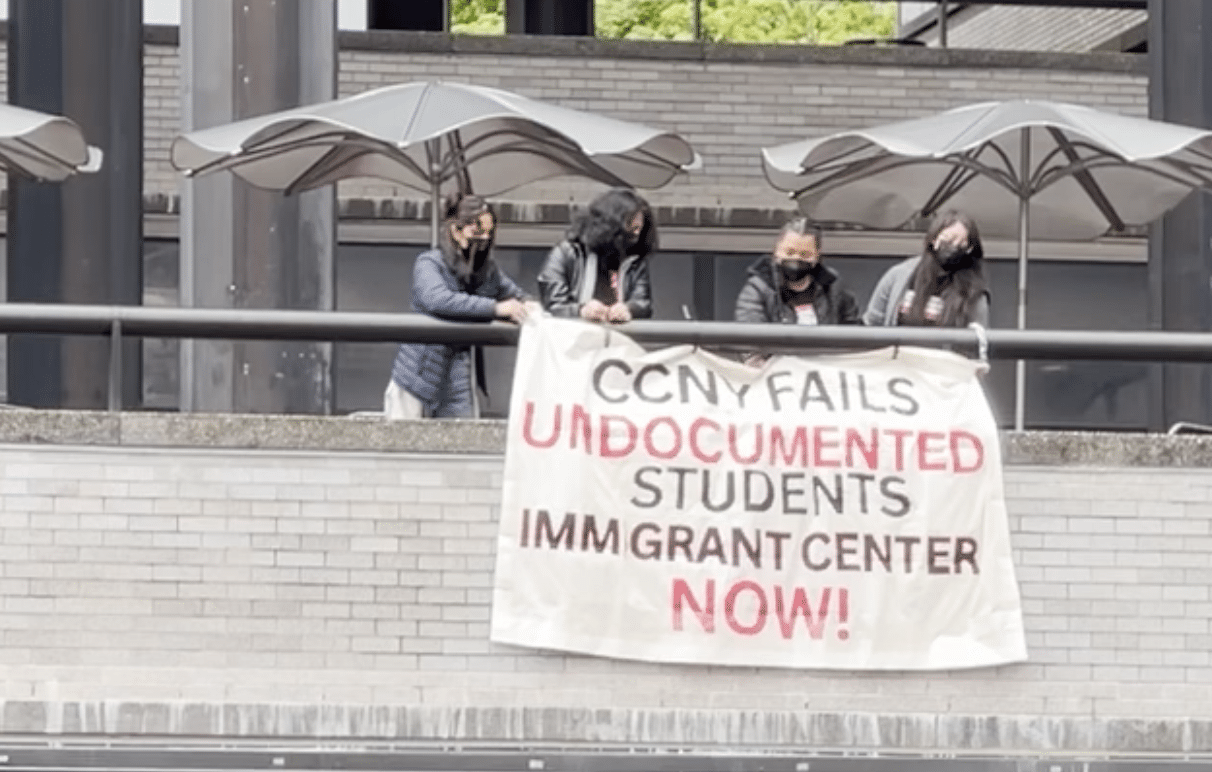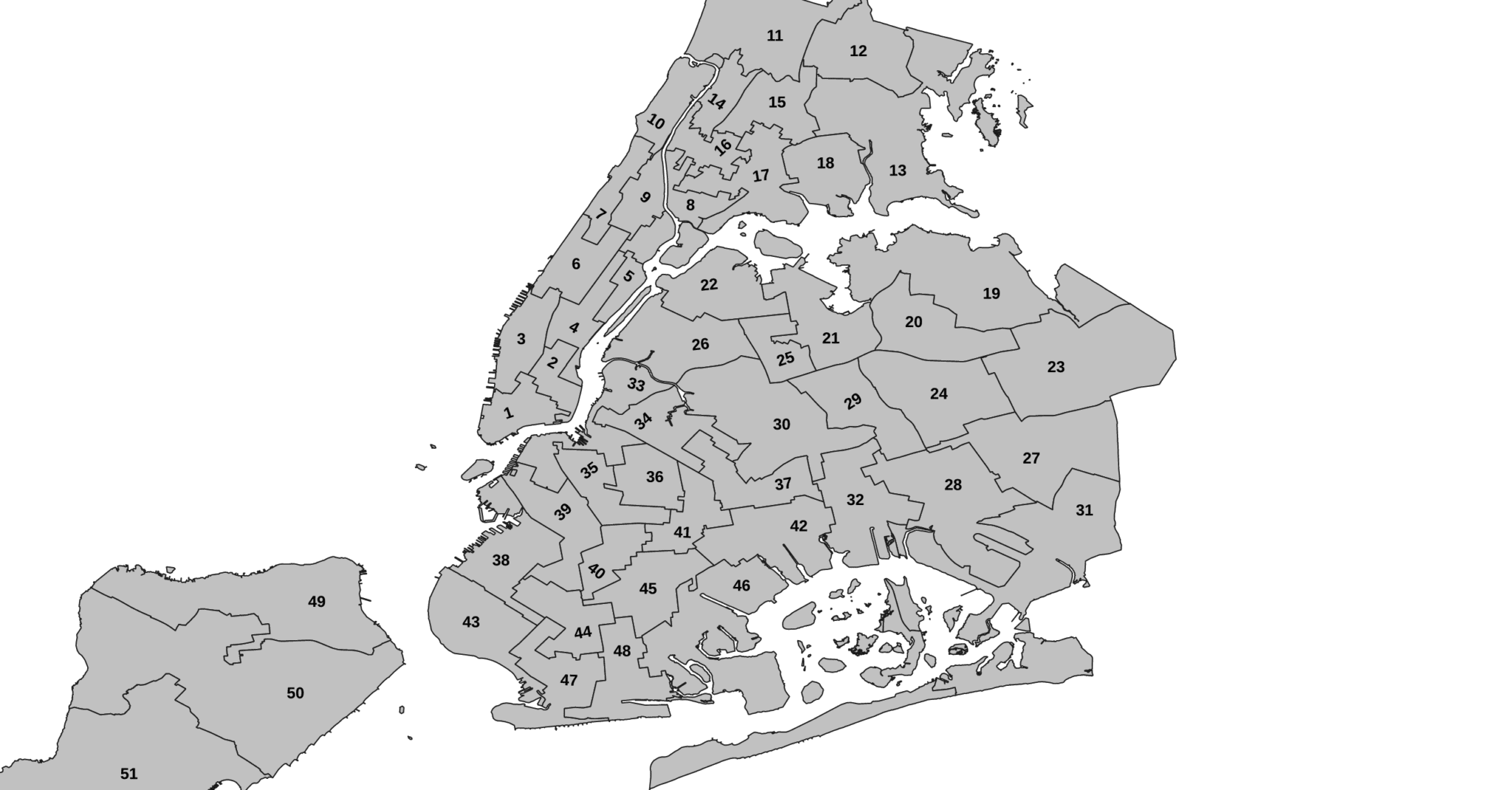When I received my letter from the U.S. Census Bureau in March, the pandemic had me and my child confined to our apartment and I was thinking and worrying about so many other things. I went online and filled out the census form immediately because I knew that in my neighborhood of Inwood, which is predominantly Hispanic, the census matters. The median household income here is a little less than $55,000, which falls well below most of Manhattan. We need federal funding for our schools, libraries, social services, food and housing benefits, and transportation. Money gets allocated to states, cities, and communities based on the number of people who live there and that’s why the census is so important.
It’s been a difficult year and maybe you and your family haven’t yet responded to the census for one reason or another. That’s okay. But do it now.
Everyone counts in the census and it only comes around every ten years. If you’re a citizen, an immigrant, undocumented, a DACA recipient, a student, a Dreamer, a renter, a child, you count. You may be worried about your privacy, but under Title 13 of the United States Code it’s illegal for the Census Bureau to share your personal data with landlords, employers, schools, police courts, judges, immigration authorities, or anyone at all. Even though everyone counts in the census, historically some people in the population have been undercounted, especially blacks, Hispanics, children, and renters.
New York loses $2600 for every person not counted. That’s millions of dollars in funding for services our communities need. New York also risks losing political representation. If there is a low response to this year’s census, New York stands to lose two seats in the House of Representatives. These are crucial political times.
The race and Hispanic origin questions also help the government to fulfill the 1965 Voting Rights Act, which was designed to prohibit racial discrimination in voting. Without it, and the data provided by the Census Bureau about our communities, we can never fight injustices such as voter suppression. Communities where people have not been counted may also lose badly needed federal funds. If your community needs hospitals, schools, transportation, food and housing benefits such as SNAP and TANF, then you need to be counted.
Make sure your household responds to the census. And spread the word. Educate others about the importance of the census. You can fill out the census form for your household using this link: https://my2020census.gov
You can also answer the census over the telephone or on paper in thirteen languages.
Everyone counts. It’s our future.






